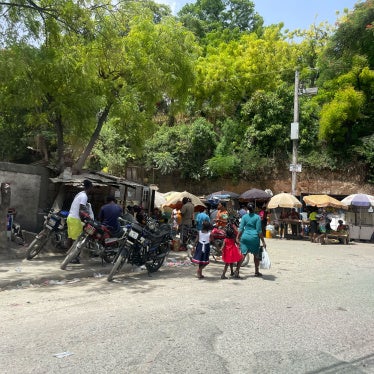In El Salvador, 17 women convicted of murder, after being accused of having had an abortion, are sitting in prison for up to 40 years. For some of these women, having a miscarriage or stillbirth was used as evidence to convict them. Activists in El Salvador and around the globe are pressuring the government for their release, hopefully in time for the Christmas holidays.
Under El Salvador’s draconian laws, procuring or providing an abortion is a crime – with no exceptions. Anyone who has an abortion and the medical providers who perform or induce them face decades in prison.
Releasing the imprisoned women is a necessary first step to protect their human rights. However, the rights of all El Salvadoran women remain at risk as long as this extreme criminal law remains in place.
Expert human rights bodies have repeatedly expressed concern about the relationship between El Salvador’s restrictive abortion laws and detrimental consequences for women’s lives, health, and well-being.
Nowhere was that more clear than in the case of women named “Beatriz,” who sought medical treatment from a hospital in El Salvador for a life-threatening pregnancy in 2013. Doctors worried that if she continued her pregnancy she could suffer hemorrhaging or severe preeclampsia, a condition that is a leading cause of maternal death. The fetus also had anencephaly – a neural tube defect in which a major portion of the brain, skull, and scalp fail to develop. If an anencephalic infant is not stillborn, the baby will often die within hours or days.
In light of information provided to her by medical staff, Beatriz asked for an abortion. Her doctors sought permission from the government to terminate the pregnancy without risking prosecution. They never got it. After months of waiting, Beatriz delivered the baby prematurely via cesarean section. The baby died five hours later. The procedure was much more risky than an early abortion. After the surgery, Beatriz was admitted to the intensive care unit because of heightened concerns of complications with lupus. She was released from the hospital a week after the delivery, and nearly 12 weeks from the time doctors first determined the abortion was a medical necessity.
El Salvador’s criminal prohibition on abortion punishes women – whether through jail time or risks to their health – and should be reformed.









